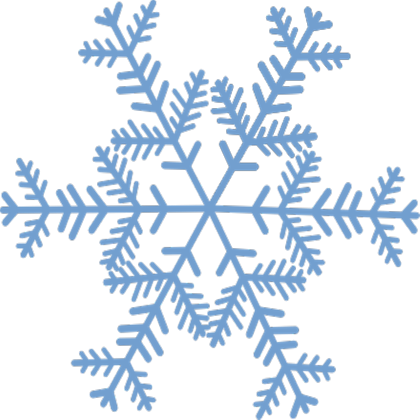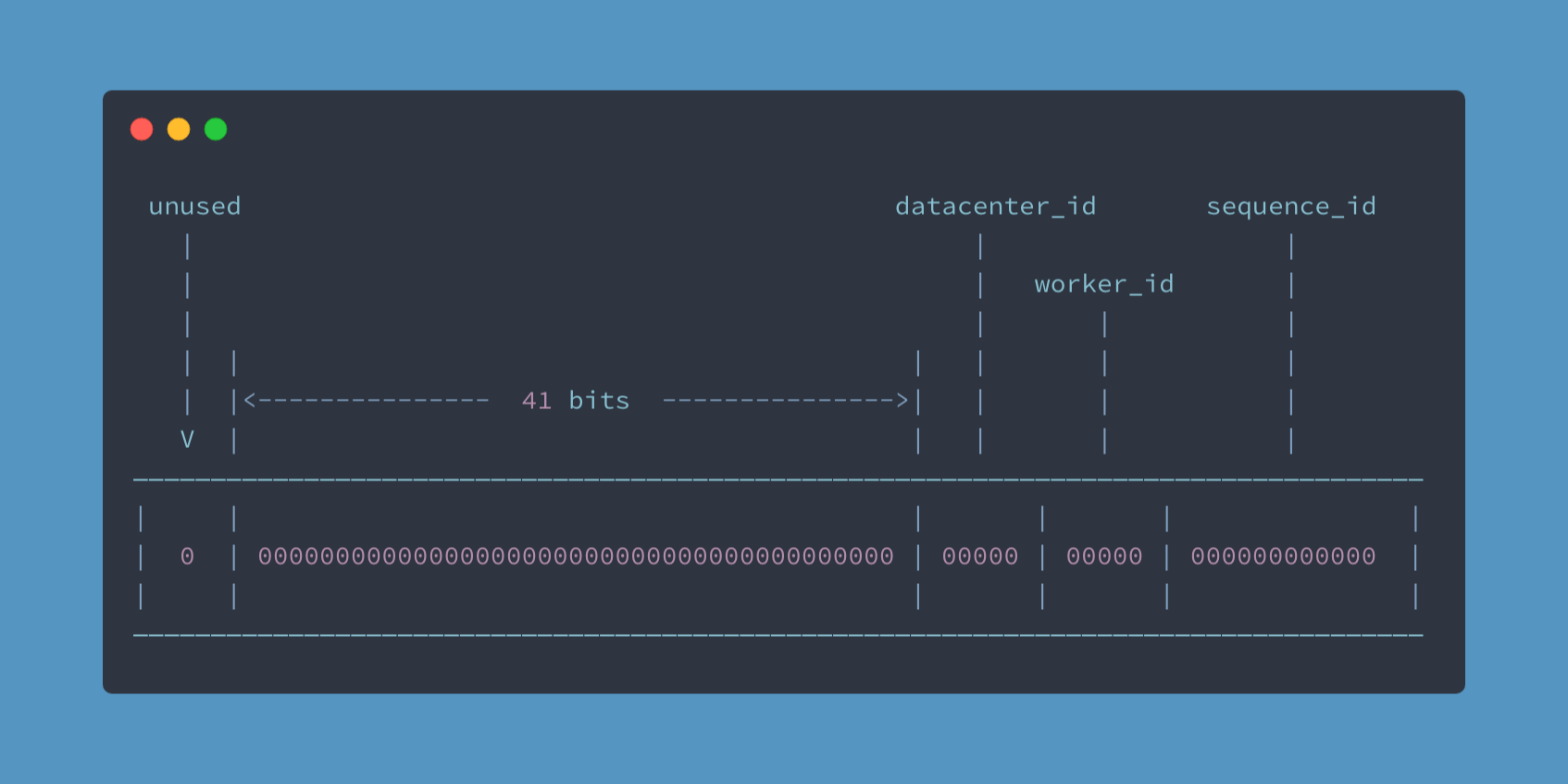
An Lock Free ID Generator for Golang based on Snowflake Algorithm (Twitter announced).



Description
An Lock Free ID Generator for Golang implementation.

Snowflake is a network service for generating unique ID numbers at high scale with some simple guarantees.
- The first bit is unused sign bit.
- The second part consists of a 41-bit timestamp (milliseconds) whose value is the offset of the current time relative to a certain time.
- The 10 bits machineID(5 bit workid + 5 bit datacenter id), max value is 2^10 -1 = 1023.
- The last part consists of 12 bits, its means the length of the serial number generated per millisecond per working node, a maximum of 2^12 -1 = 4095 IDs can be generated in the same millisecond.
- The binary length of 41 bits is at most 2^41 -1 millisecond = 69 years. So the snowflake algorithm can be used for up to 69 years, In order to maximize the use of the algorithm, you should specify a start time for it.
The ID generated by the snowflake algorithm is not guaranteed to be unique. For example, when two different requests enter the same machine at the same time, and the sequence generated by the node is the same, the generated ID will be duplicated.
So if you want use the snowflake algorithm to generate unique ID, You must ensure: The sequence-number generated in the same millisecond of the same node is unique.
Based on this, we created this package and integrated multiple sequence-number providers into it.
- AtomicResolver (base sync/atomic)
Each provider only needs to ensure that the serial number generated in the same millisecond is different. You can get a unique ID.
Feature
- ✅ Lock Free
- 🎈 Zero configuration, out of the box
- 🚀 Concurrency safety
- 🌵 Support private ip to machineid
- 🐡 Support custom sequence resolver
Installation
$ go get github.com/godruoyi/go-snowflake
Usage
- simple to use.
package main
import (
"fmt"
"github.com/godruoyi/go-snowflake"
)
func main() {
id := snowflake.ID()
fmt.Println(id)
}
- Specify the MachineID.
package main
import (
"fmt"
"github.com/godruoyi/go-snowflake"
)
func main() {
snowflake.SetMachineID(1)
id := snowflake.ID()
fmt.Println(id)
}
- Specify start time.
package main
import (
"fmt"
"time"
"github.com/godruoyi/go-snowflake"
)
func main() {
snowflake.SetStartTime(time.Date(2014, 9, 1, 0, 0, 0, 0, time.UTC))
id := snowflake.ID()
fmt.Println(id)
}
- Parse ID.
package main
import (
"fmt"
"time"
"github.com/godruoyi/go-snowflake"
)
func main() {
id := snowflake.ID()
sid := snowflake.ParseID(id)
fmt.Println(sid.ID)
fmt.Println(sid.MachineID)
fmt.Println(sid.Sequence)
fmt.Println(sid.Timestamp)
fmt.Println(sid.GenerateTime())
}
Best practices
⚠️⚠️ All SetXXX method is thread-unsafe, recommended you call him in the main function.
package main
import (
"fmt"
"time"
"net/http"
"github.com/godruoyi/go-snowflake"
)
func main() {
snowflake.SetMachineID(1)
snowflake.SetStartTime(time.Date(2014, 9, 1, 0, 0, 0, 0, time.UTC))
http.HandleFunc("/order", submitOrder)
http.ListenAndServe(":8090", nil)
}
func submitOrder(w http.ResponseWriter, req *http.Request) {
orderId := snowflake.ID()
}
Advanced
Custom sequence resolver. you can customize the sequence-number resolver by following way:
package main
import (
"fmt"
"time"
"github.com/godruoyi/go-snowflake"
)
func yourSequenceNumber(ms int64) (uint16, error) {
}
snowflake.SetSequenceResolver(yourSequenceNumber)
snowflake.ID()
License
MIT





